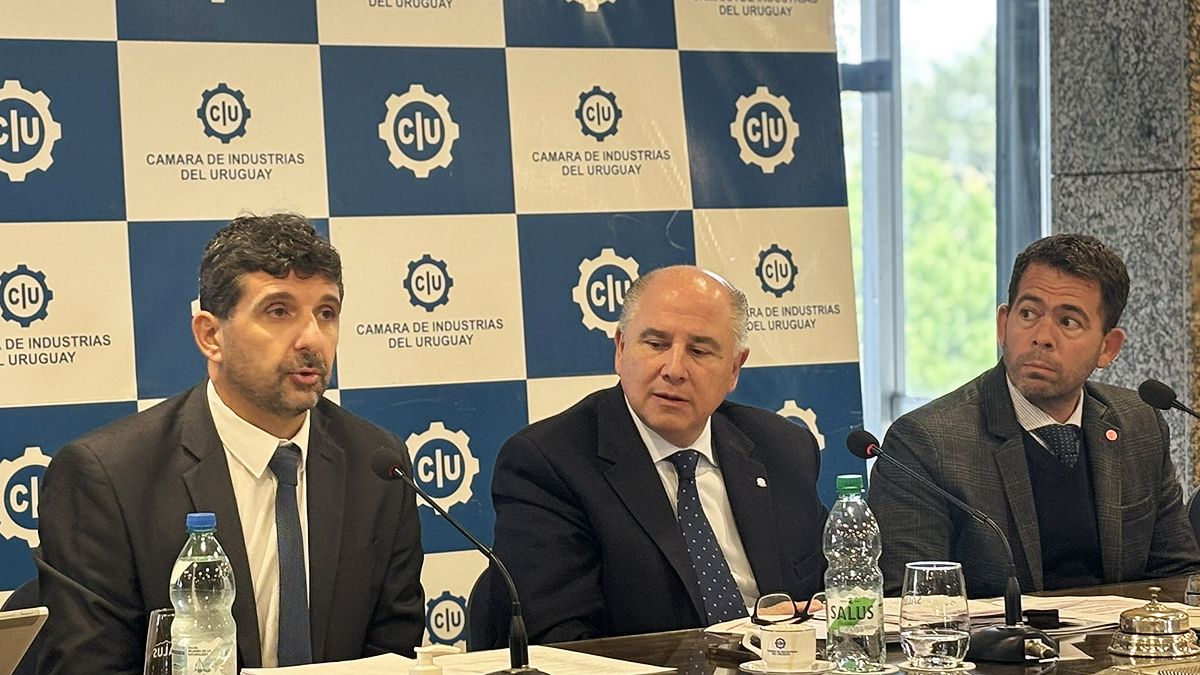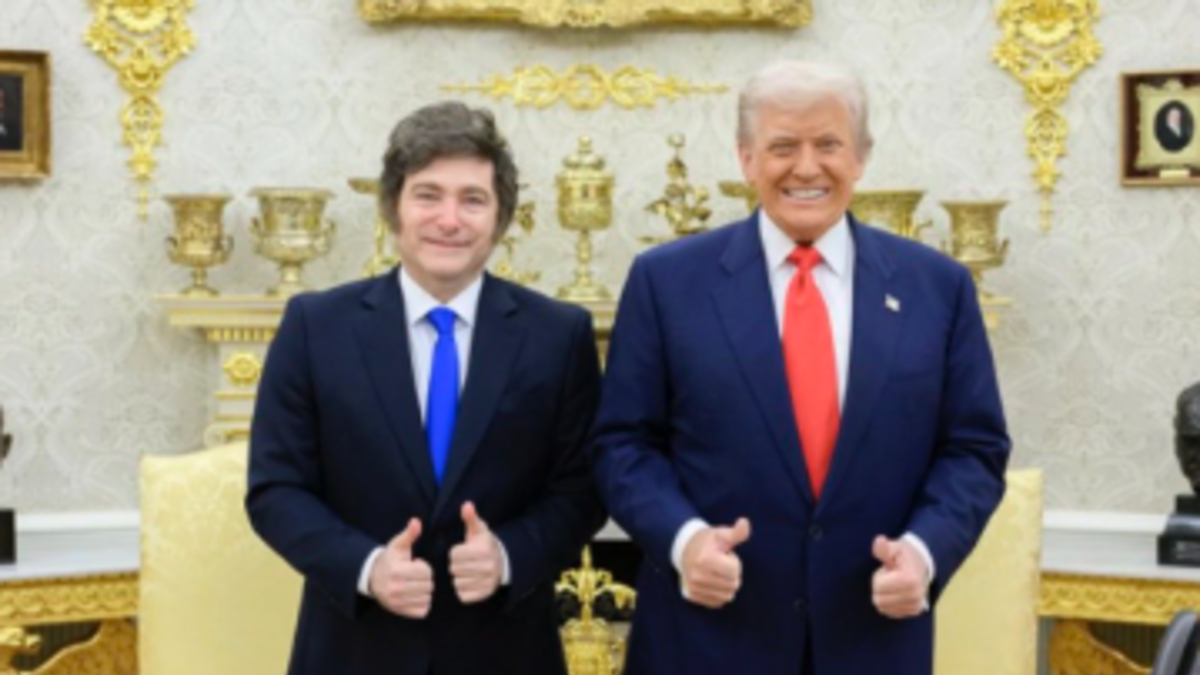The president of the Chamber of Industries of Uruguay (CIU) Fernando Pache referred to two central points in the Industrial Development Action Plan that will begin to officially present the pre-candidates starting on Thursday the 2nd: the need for a competitive industry and the bipartite labor negotiations. “Support for SMEs is a tall tale if they have to match what a national company negotiated,” he considered.
Without dwelling too much on the technical aspects of the 93 proposals that make up the Action Plan, Pache said in dialogue with Radio Carve that the next government must analyze the current formats of the salary negotiation since tripartite negotiations have done a lot of damage to small and medium-sized companies because they must match the conditions agreed upon by larger companies.
Along these lines, he assured that the CIU is in favor of salary minimums and floors being negotiated with the presence of the Ministry of Labor and Social Security (MTSS) as occurs within the framework of Salary Tips; but that in more advanced stages of the negotiation “the Executive getting involved is not convenient.” “Here in Uruguay we talk about everything support for SMEsMSMEs and others, but that is a tall tale if they have to equate what a national company negotiated,” Pache specified.
The need for a competitive industry
Pache also referred to the lack of competitiveness and to exchange delay, two issues that are closely related and present in the country’s political and economic discussion, within the electoral campaign but also outside of it.
In that sense, the president of the CIU explained that this is not only a central issue in the Industrial Development Action Plan, but also in the conversations with the pre-candidates – although they will begin officially after the holiday for the Labor Day.
“We emphasize the country cost, in the lack of competitiveness,” he said, and pointed out that “we talk about a country that is looking to export, that opens up to the world, and we agree, but we also have to be competitive since not having an agreement with any country of the world are going to buy our products out of obligation.” Likewise, he pointed out that the high operating costs They also end up being reflected in sale prices high endings.
Regarding the exchange delay, Pache assured that “it is not from this government, we have heard it many times.” “It is a policy that the government that takes over the country will have to face, because otherwise it cannot face greater production, greater employment and greater openness to the world,” he added, without going into details of the specific expectations that may arise. have the industrial sector in each particular political force. “Whatever government comes, we need to focus on a more competitive country because otherwise it will be a importing country distributor as it is,” he said.
Source: Ambito




